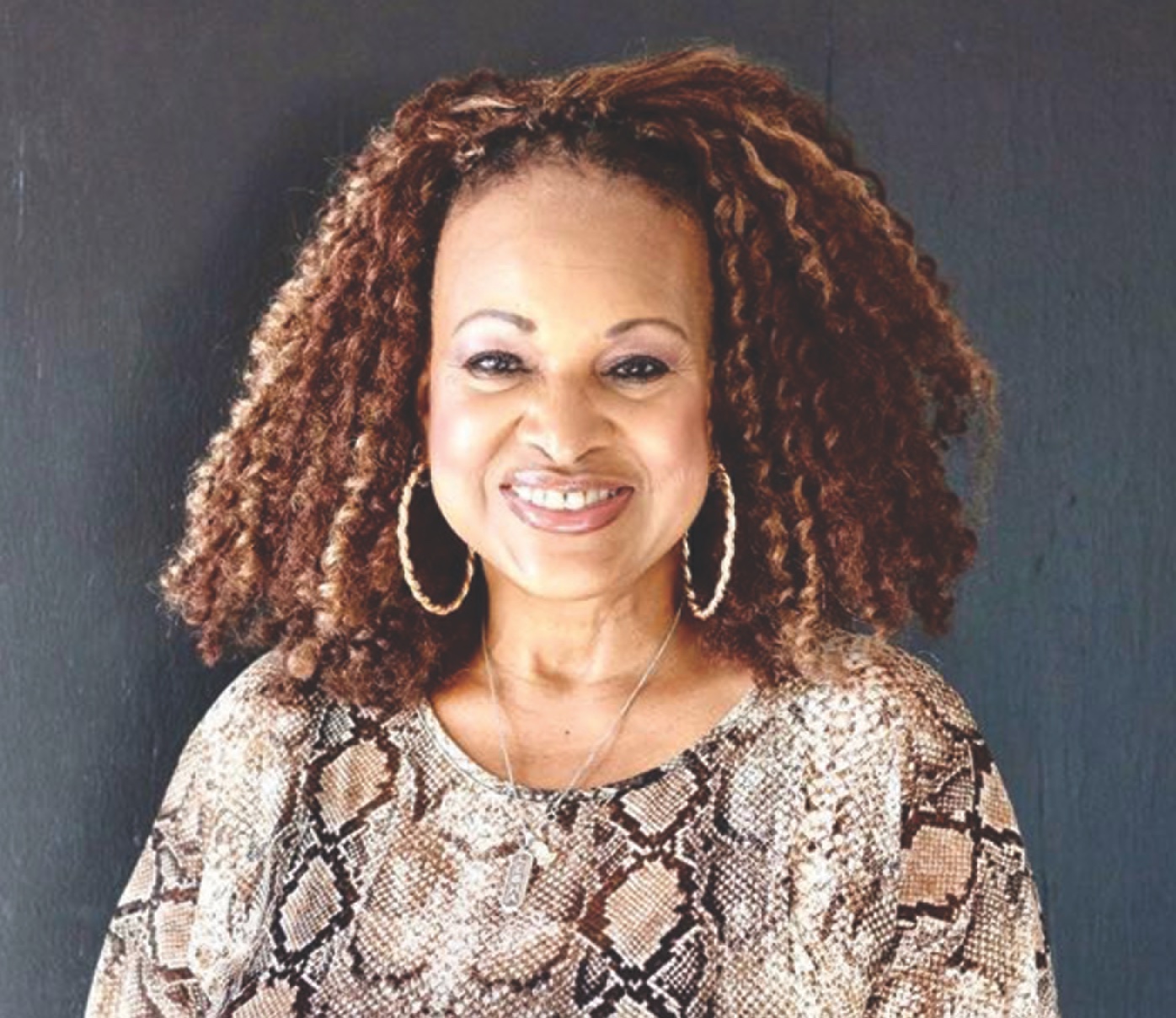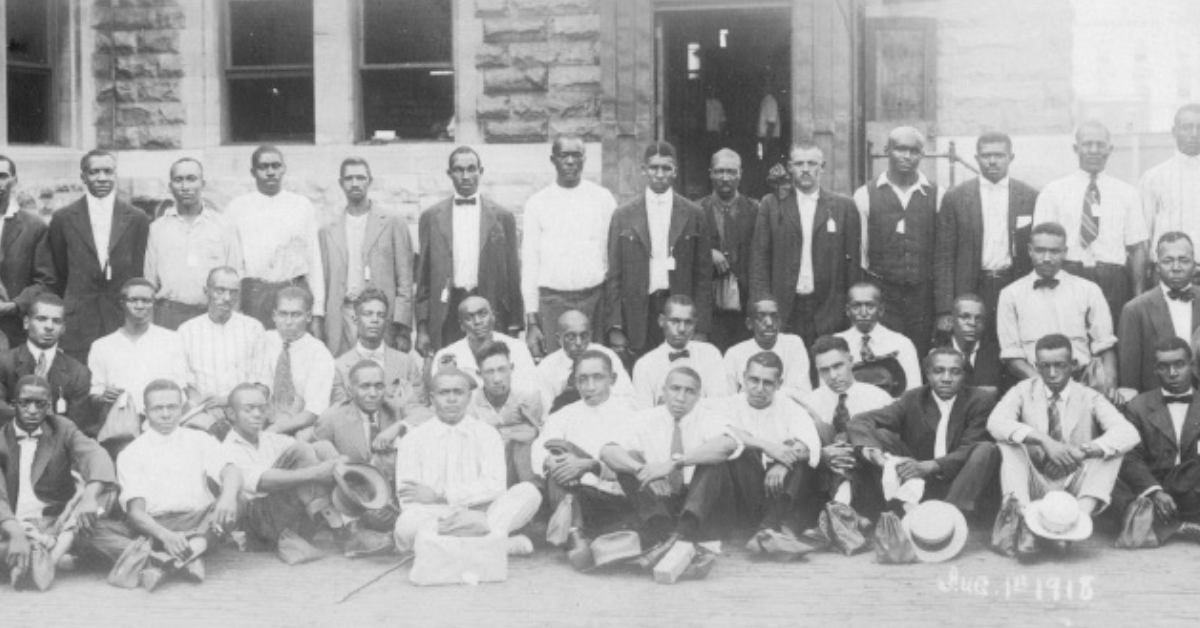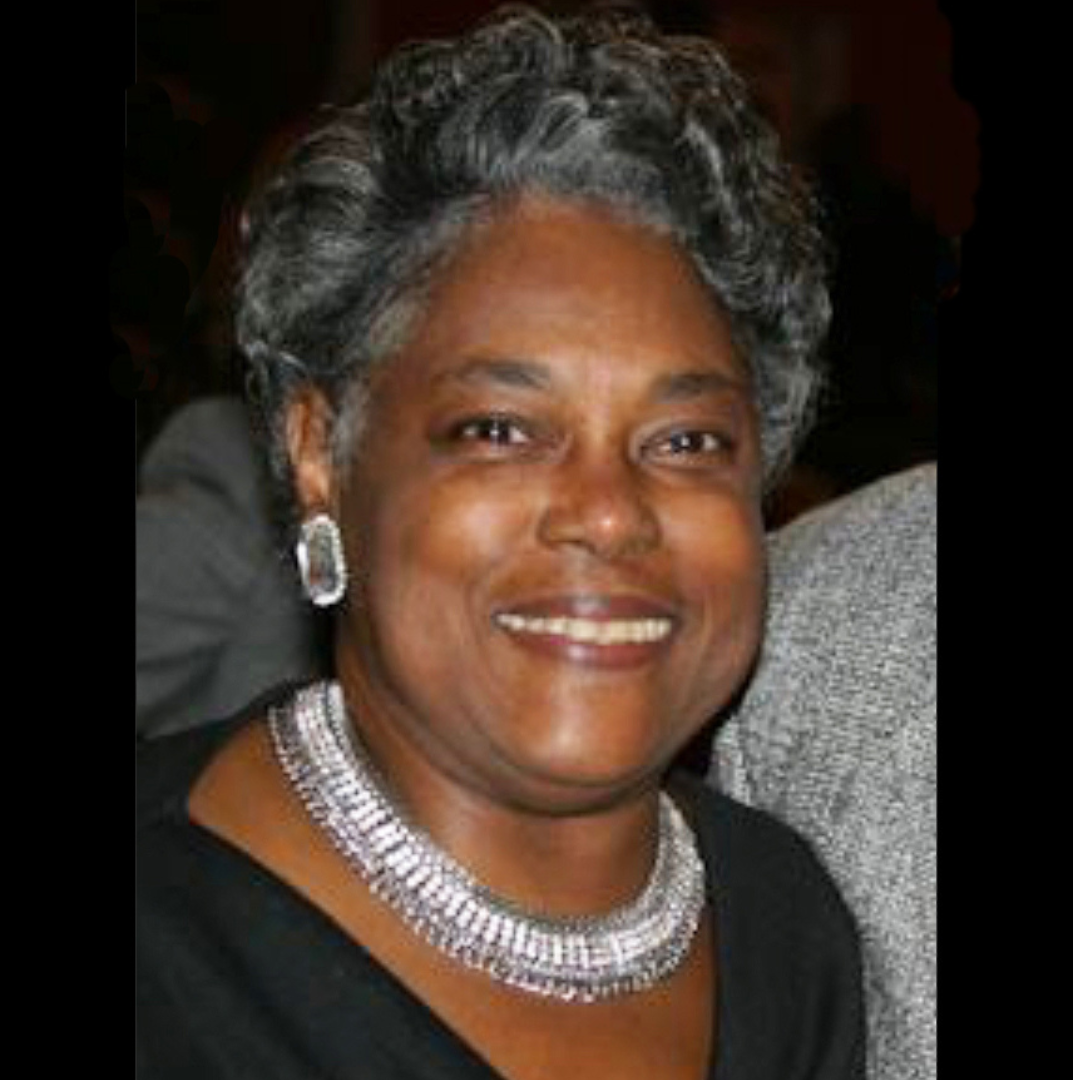by Melesha Bailey,
UniteNews Contributing Writer
Springfield, MO— May is Mental Health Awareness Month. It’s a time to raise awareness of those living with mental or behavioral health issues and to help reduce the stigma many experience. Mental health is at the forefront of today’s topics. As a result, many people are more open to discussing daily challenges from their struggles to maintain productive lives.
Black women face mental health challenges that go unnoticed. They hide them in an effortless way as they work to keep their struggle secret. They are afraid to tell anyone they feel like not getting out of bed some days.
Women today are inundated with managing various tasks all at the same time. It sometimes feels like a roller coaster that keeps going up and down, around and around. Women are juggling work and raising kids or grandkids. They are the chauffeur, the lunch lady, the tutor, and the coach, and many have assumed the responsibility of caring for aged parents. These are what I call “women in the middle.” They end up taking care of everything and everybody but themselves. They work in their communities and churches while handling a busy day-to-day life. It’s a lot, and adding being a black woman on top of all that, is a whole other layer.
Black women experience unique challenges that can impact their mental health, such as systemic racism, discrimination, and socioeconomic factors leading to symptoms of depression, anxiety, and PTSD.
Black women often face multiple forms of oppression, sexism, racism, and classism, increasing the risk of developing mental health issues. In addition, when these mental health issues arise, many women feel a stigma attached to seeking care for their symptoms. According to John Hopkins Medicine, part of the challenge in getting care is the cultural belief that only people who are “crazy” or “weak” see mental health professionals. Access to culturally competent mental health providers is a barrier to black women seeking treatment.
Black women are more likely to experience maternal mental challenges, such as postpartum depression after giving birth, which can significantly impact both mother and child. Unfortunately, many women struggle to receive treatment for these challenges and suffer in silence.
Black women are highly affected by health disparities such as chronic stress, hypertension, and obesity, which can increase the risk of developing mental health issues.
It’s essential to acknowledge and address the challenges Black women face. Finding culturally competent care, resources, and support that address systemic barriers are crucial to supporting mental health. Therapy can be very effective when working with a licensed therapist to identify and manage symptoms and develop coping strategies to improve overall well-being. There are numerous online resources such as websites, forums, and support groups for women seeking mental health information. Women can also work with their healthcare providers to identify medication options that may be safe and effective.
Self-care is pivotal for women’s mental health. Slowing down and taking time for oneself can be achieved with prayer, meditation, yoga, journaling, or relaxing in a bath are effective. Anything that can slow the world down for a few moments is excellent for mental health.
There is no shame in seeking help if you feel like you need it. Speak up, don’t keep it hidden, and don’t suffer in silence. Find a community of women who will support you with no judgment, just love. Your health is the most valuable thing you have. Guard it as if your life depended on it. It does.





